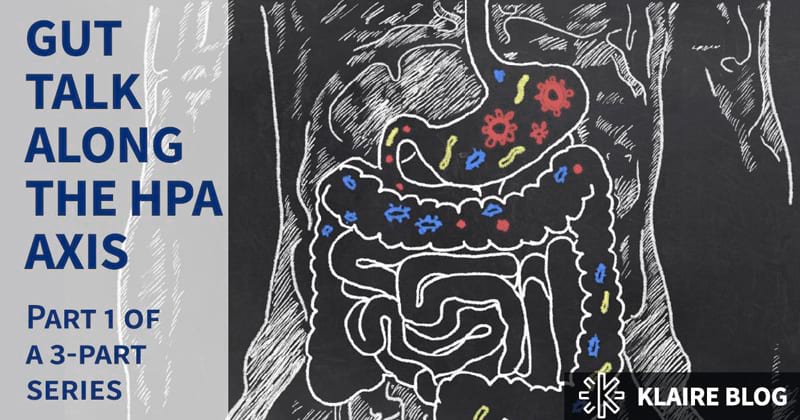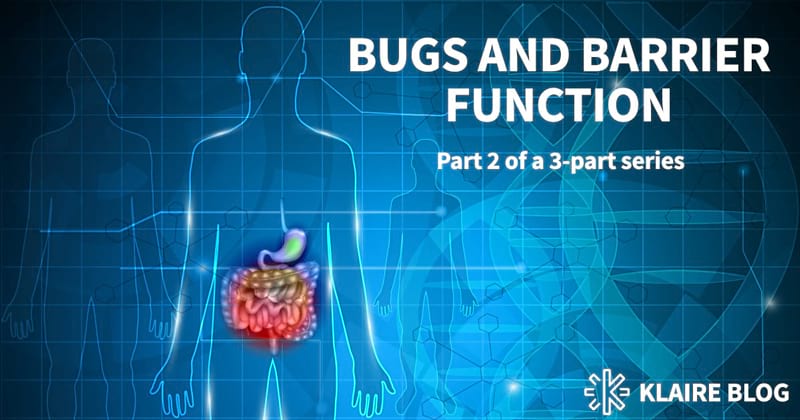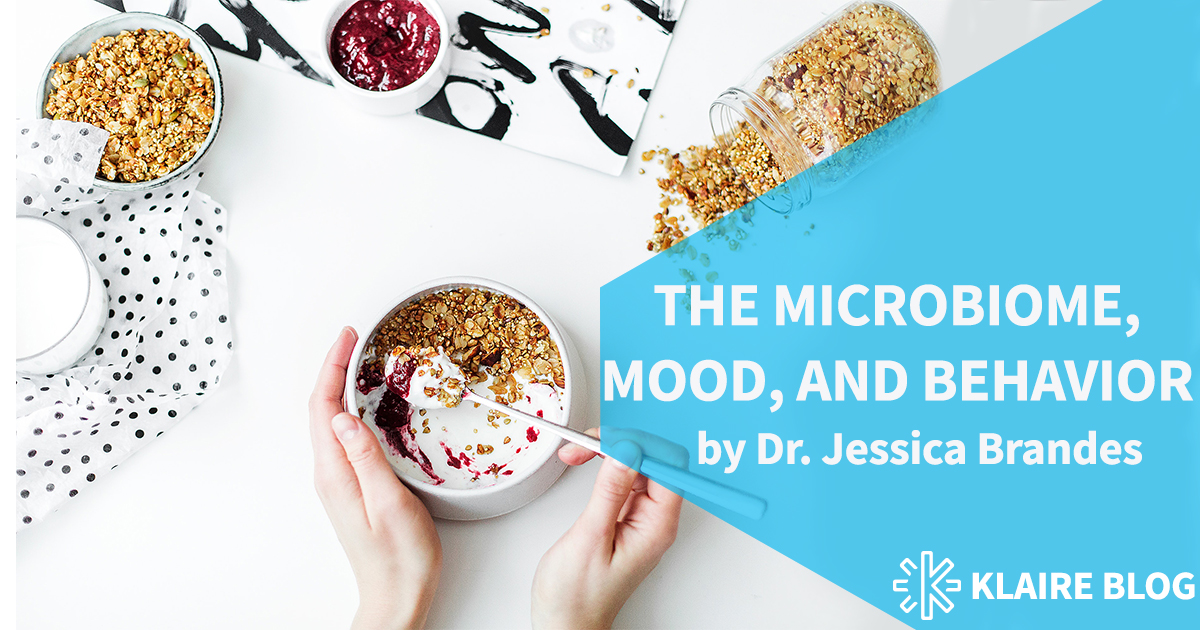Gut Brain Connection: Talk Along the HPA Axis

The Hypothalamic-Pituitary-Adrenal Axis, or HPA Axis, is a bidirectional neuroendocrine network that modulates our adaptive stress response. The activation loop begins in the hypothalamus with corticotropin-releasing hormone (CRH). Once released, CRH binds to receptors on the anterior pituitary gland resulting in the subsequent release of adrenocorticotropic hormone (ACTH). In turn, circulating ACTH binds to its own receptors on the adrenal cortex, thereby stimulating cortisol production. Ultimately, cortisol levels serve as a negative feedback mechanism, modulating hypothalamic CRF and pituitary ACTH release to achieve homeostasis. The HPA Axis also interacts with the limbic system, pivotal to memory and emotional response.
Our resident microbes continuously interact with the HPA axis, and their influence begins very early in life. Animal studies have shown that the lack of commensal gut microbes contributes to exaggerated HPA Axis activity that can be reversed with a single Bifidobacterium species, but the window for modulating appropriate HPA response is a very narrow one.1 Moreover, stress and HPA Axis activation can directly impact the gut microbiota composition. Studies have demonstrated that extended stress can significantly alter the microbiome and elevate levels of interleukin-6 and monocyte chemotactic protein in the blood.2
Notably, however, the role of the microbiome in HPA Axis regulation does not end in infancy. As a matter of course, HPA Axis activation may occur through external, environmental stressors, or as a result of elevated pro-inflammatory cytokines. This is one area where the gut microbiota has a continuous impact. In a recent pre-clinical study, supplementation with the probiotic formulation Ecologic BARRIER was associated with a pronounced shift in cytokine production toward T-cell-derived IL-2, IL-4, and IFN-Æ´ (known to support structural plasticity of the central nervous system), and away from macrophage-associated cytokines TNF-α and IL-6 (which are consistently increased in conjunction with significant mood alterations).3† The strains for Ecologic BARRIER were also identified for their ability to induce Il-10 production, which plays a role in modulating pro-inflammatory cytokine response.4 It is of further interest that the 2017 animal study discovered a dramatic alteration of the hippocampal genes related to HPA regulation between the two study groups.3
The HPA Axis is but one of the pathways through which our gut microbiota influences our brains and our moods. Stay tuned to learn more about the role of the intestinal barrier.
Read more about Ecologic BARRIER »
Related Posts


